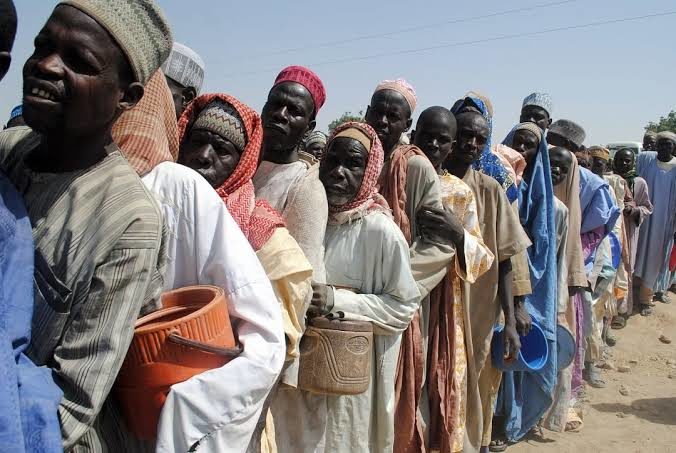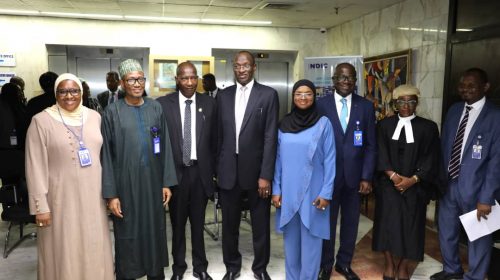Food Insecurity: Nigeria Accounts For Two-thirds Of World’s Hungriest People Says UN

Nigeria has been listed as one of the eight countries that accounted for two thirds of the millions of people that suffered severe hunger in 53 countries last year.
According to the United Nations (UN) Global Report on Food Crisis 2019, no fewer than 113 million people experienced high levels of food insecurity in the world’s most severe food crises in 2018.
The report, which was released yesterday in Brussels, Belgium, warned that these food crises were primarily driven by conflict and climate-related disasters.
One of the key findings of the report showed that nearly two-thirds of those facing acute hunger were in just eight countries.
The other seven countries are Afghanistan, the Democratic Republic of the Congo, Ethiopia, South Sudan, Sudan, Syria and Yemen.
The report said: “The worst food crises in 2018, in order of severity, were: Yemen, the Democratic Republic of the Congo, Afghanistan, Ethiopia, the Syrian Arab Republic, the Sudan, South Sudan and northern Nigeria.
“These eight countries accounted for two thirds of the total number of people facing acute food insecurity – amounting to nearly 72 million people,” according to the report.
“Large segments of populations in most of these countries risk falling into Emergency (IPC/CH Phase 4) levels of acute food insecurity,” it stated.
The report further added: “In the 16 states of northern Nigeria and the Federal Capital Territory, the number of people in ‘Crisis’ and ‘Emergency’ decreased by 40 per cent between June and August 2017 and 2018 to 5.3 million.
“At the peak of the lean season, three million were acutely food insecure in the three north-eastern states affected by the Boko Haram insurgency where protracted conflict and mass displacement disrupted agriculture, trade, markets and livelihoods, and pushed up food prices,” said the report.
Food and Agriculture Organisation (FAO)’s Director-General, José da Silva, said in spite of a slight drop in 2018 in the number of people experiencing acute food insecurity, “the figure is still far too high.”
“We must act at scale across the humanitarian-development-peace nexus to build the resilience of affected and vulnerable populations. To save lives, we also have to save livelihoods,” he added.
World Food Programme Executive Director, David Beasley, also said: “While critical to saving lives and alleviating human suffering, humanitarian assistance does not address the root causes of food crises.”






Leave a Reply